Blog
Newcomers to Quebec: what you need to know about buying a home
Nothing compares to really feeling at home like buying and living in your own house. Whether you are an immigrant to Quebec, an expatriate, or a foreign worker, it pays to know what you are getting into before becoming a homeowner. The following 5 steps will help you better navigate the process so that you can finally say, “Home Sweet Home.”

1. Understand mortgage terminology
Before thinking about buying your first home in Quebec, make sure you have a good grasp of the words and phrases used in the home-buying process.
Down payment:
This is the base amount you need to provide for the purchase of your property. In Quebec, this is mandatory and equal to at least 20% of the purchase price. It is also possible to make a minimum down payment of 5% to purchase a home if the loan is insured by the Canada Mortgage and Housing Corporation (CMHC).
Mortgage:
The mortgage is the amount loaned by your financial institution and is equal to purchase price minus the down payment.
Interest rate:
This is a fee charged by the lender in exchange for the mortgage. It is typically expressed as a percentage of the loan. These fees can be fixed or variable.
Amortization:
This is the length of time over which the mortgage must be fully repaid. Most commonly, the amortization is spread over a period of 25 years.
Term:
A set period of time during which you repay your mortgage according to the conditions of the contract. Usually this is 5 years, but it can be shorter or longer. Once the term expires, you need to renegotiate the repayment conditions of your mortgage for another set period of time. This process continues until the loan has been fully paid off.
Mortgage payment:
This is the amount you must pay on an agreed-upon schedule to pay off the mortgage. Payments can be made on a weekly, bi-weekly, semi-monthly, or monthly basis.
2. Make sure you qualify
Once you are confident with the mortgage terminology used in Quebec, you must meet the qualification criteria of your financial institution.
Bank account
The first step to owning a home is to open a bank account in Quebec and increase the balance. This will show that you have a permanent job, you have income and that you are able to save.
Credit Report
Using and diligently paying off a credit card demonstrates your ability to take on and pay off debt. This credit history will help increase your financial reliability, since foreign credit information is not generally accepted in Quebec.
Down payment
As a permanent resident, you will need to have a minimum 5% down payment, provided your mortgage is CMHC insured. If you do not have permanent resident status, your financial institution may require a down payment of up to 35% of the purchase price. In addition, the amount must be in your bank account for at least 3 months when your file is under review. Not all banking institutions require a minimum 20% down payment, even if you are a temporary resident. It is always a good idea to ask for advice from a professional, such as a mortgage broker.
3. Get pre-approved for a mortgage
You’re finally ready to begin your search for that perfect home! To start the adventure with confidence, consider obtaining a mortgage pre-approval. In addition to speeding up the buying process, pre-approval lets you know how much you are able to borrow. You can then search for homes that match your financial reality and lifestyle. Meeting with a mortgage broker will certainly help you see things more clearly.
4. Seek professional advice
When buying a property, nothing should be left to chance! Contact a real estate broker who will accompany you as you navigate buying a home in Quebec. Not only will the experience be more enjoyable, but you will also avoid many unpleasant surprises!
5. Budget for extra costs
In addition to the mortgage, there are other costs associated with the purchase of a property. You will also have to pay inspection fees, notary fees, the property transfer tax (or “welcome tax”), municipal and school taxes, as well as insurance and possibly condo fees, depending on the type of property you choose.
You can now start planning your move, buying new appliances, and whatever else is necessary because you are ready to find your “home sweet home”.



